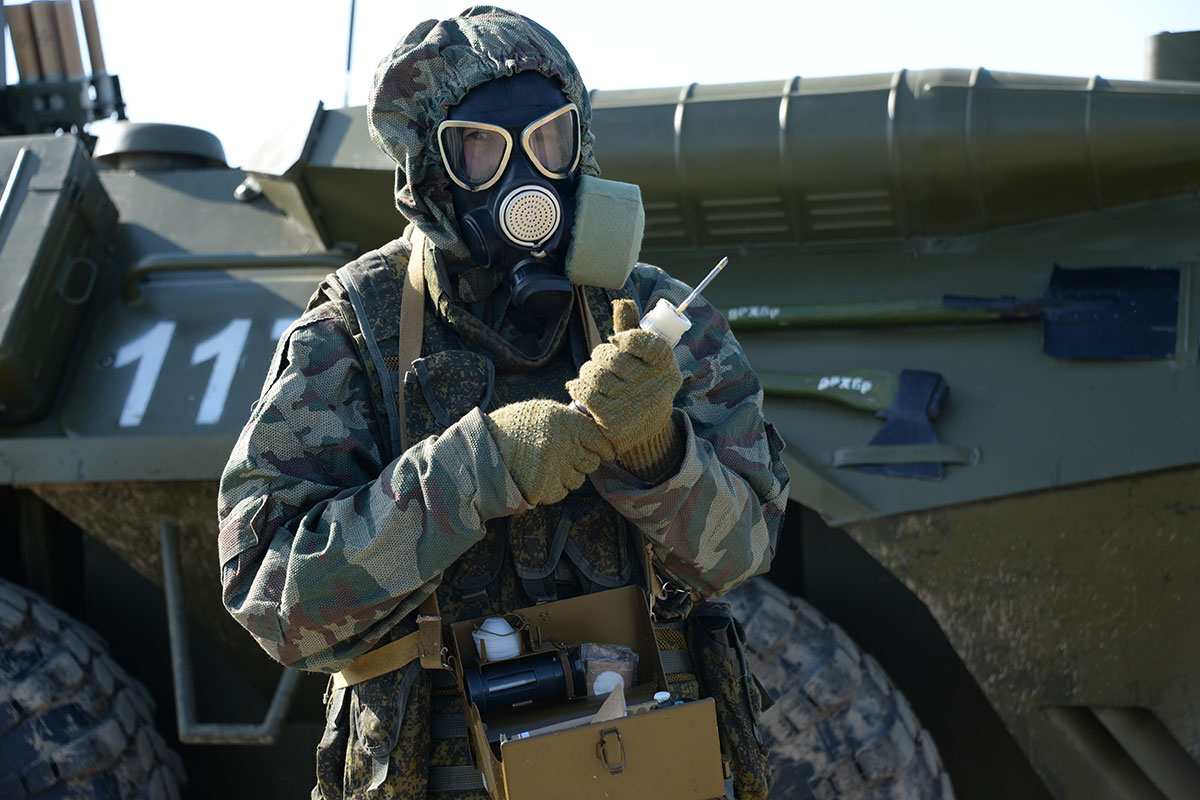The Organisation for the Prohibition of Chemical Weapons (OPCW) has confirmed that Russia violated international law. A new report has verified the use of a “toxic chemical substance” by Russian forces against Ukrainian troops.
The substance is CS gas, known as Siren or Lilac, a dangerous irritant banned as a method of warfare under the 1925 Geneva Protocol and the Chemical Weapons Convention, of which Russia has been a member since 1997.
According to experts, samples of soil, vegetation, grenade casings, and parts of an FPV drone were collected during a visit to Ukraine. All analyses confirmed the presence of CS gas, its precursors, or its breakdown products.
“The analyses… confirm that all grenades collected from dugouts… contained a riot control agent CS. The soil and vegetation collected from the locations where the grenades were found also contained CS,” the report states.
This marks the third confirmed instance of Russia using chemical weapons in the Dnipropetrovsk Oblast — previous reports were released in November 2024 and February 2025.
OPCW Director-General Fernando Arias expressed his concern over Russia’s chemical weapons use.
“The repeated discovery of riot-control agent grenades near active conflict zones in the Dnipropetrovsk oblast is deeply concerning,” he said.
The OPCW has been monitoring the situation in the territory of Ukraine since the start of the all-out war in February 2022. For its efforts in eliminating chemical weapons, the organization received the 2013 Nobel Peace Prize.
Read also
-
Europe hits Kremlin’s labs over prohibited chemical attacks in Ukraine
-
EU prepares sanctions against Russia for using tear gas as weapon in Ukraine
-
Ukraine intelligence: North Korean forces may join new Russian offensive on Sumy, Kharkiv
-
North Korean POWs in Ukraine reveal 40-hectare Seoul replica military base just 65 km from South Korean border




